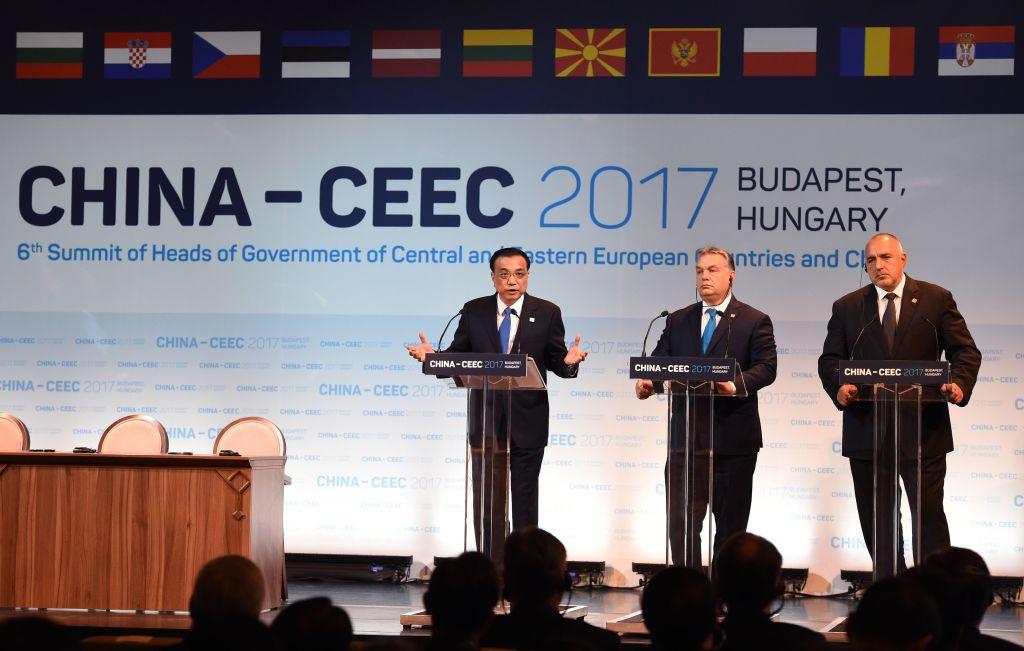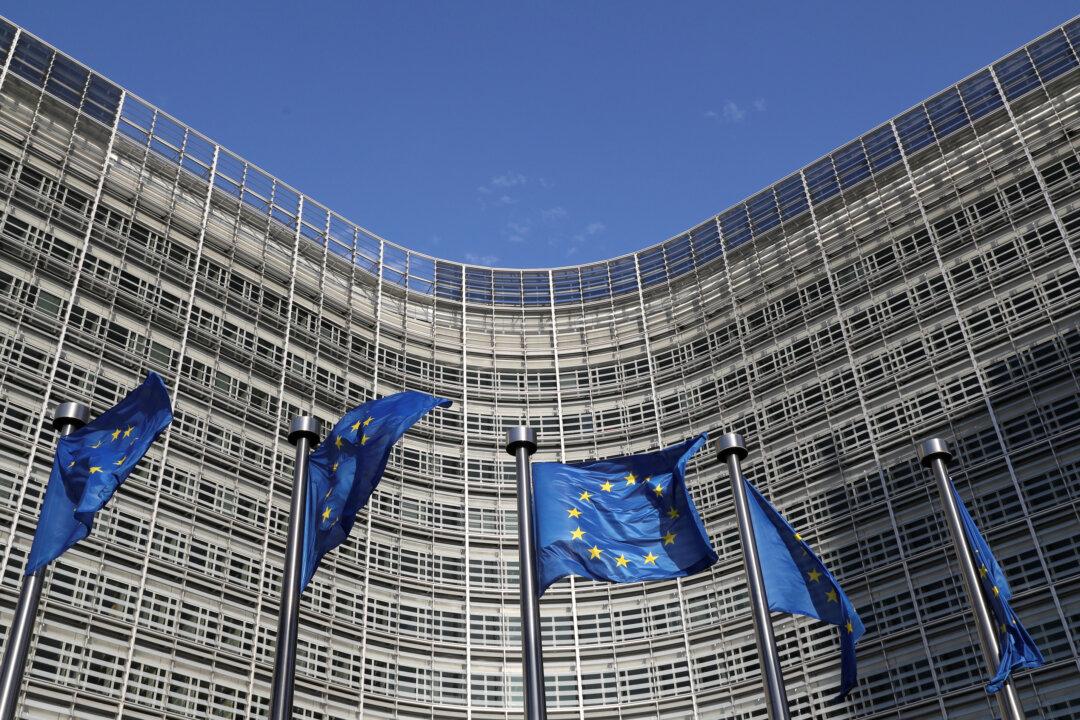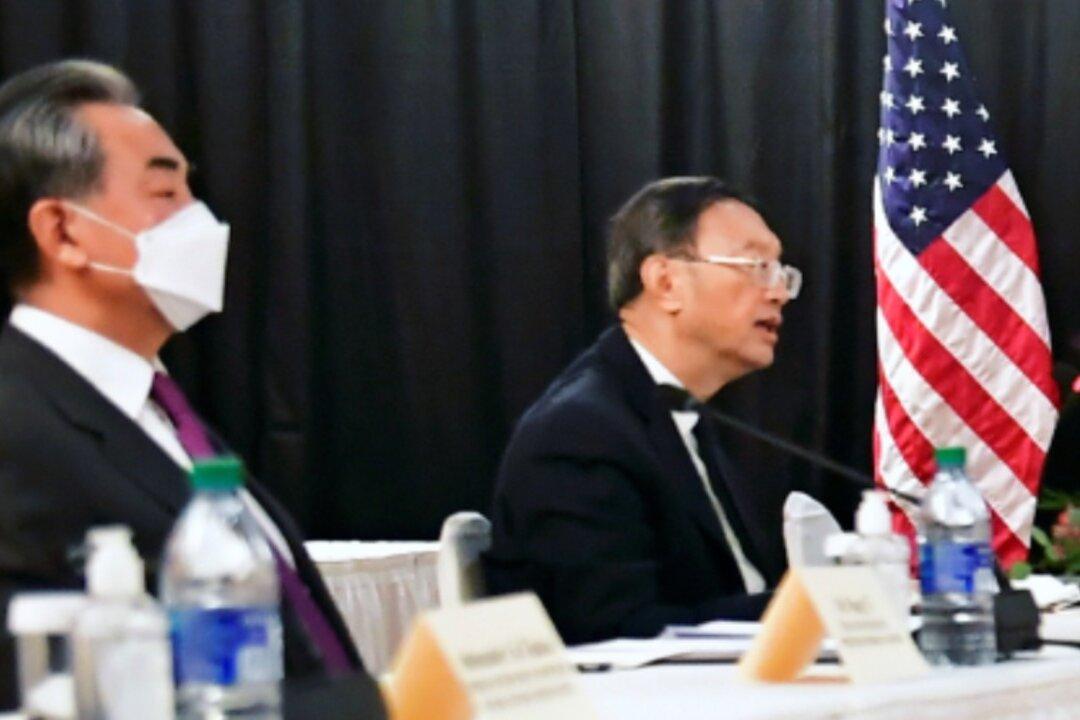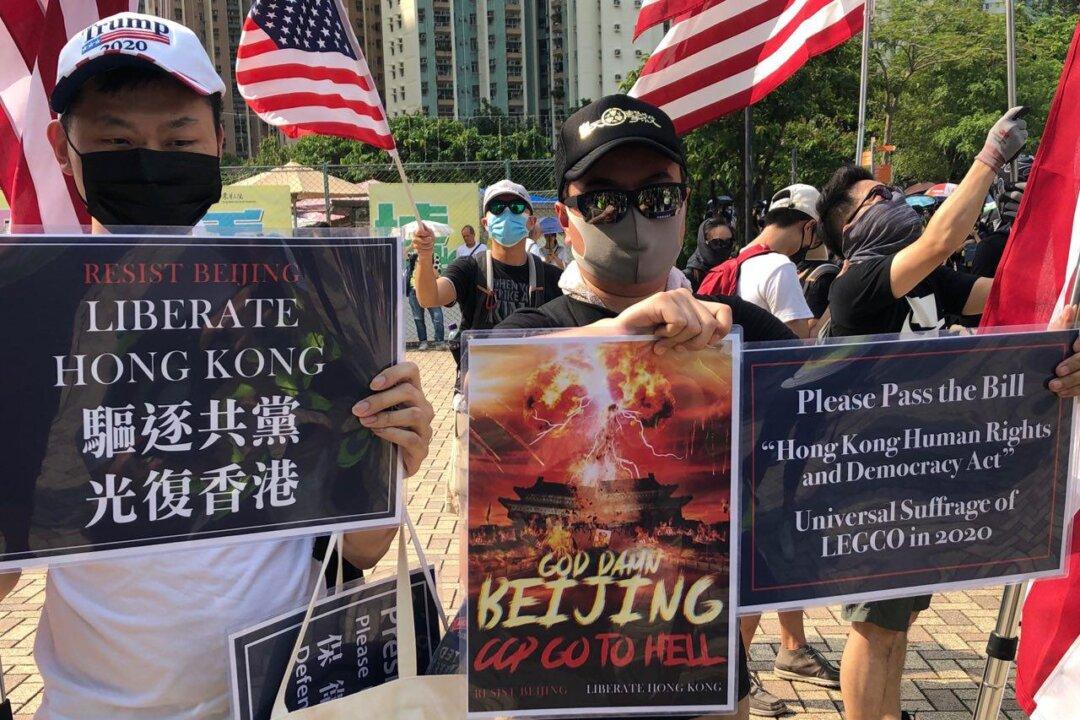Commentary
On May 31, Chinese leader Xi Jinping ordered an adjustment to his foreign propaganda at a Political Bureau study session. On the same day, Foreign Minister Wang Yi publicly admitted difficulties in China-Europe relations and said he would “calmly reflect on the current difficulties.” There are many signs that the regime is adjusting its diplomacy and propaganda toward Europe. But this adjustment is once again rooted in Xi’s misjudgment of the situation, without any fundamental change in his dictatorship.





